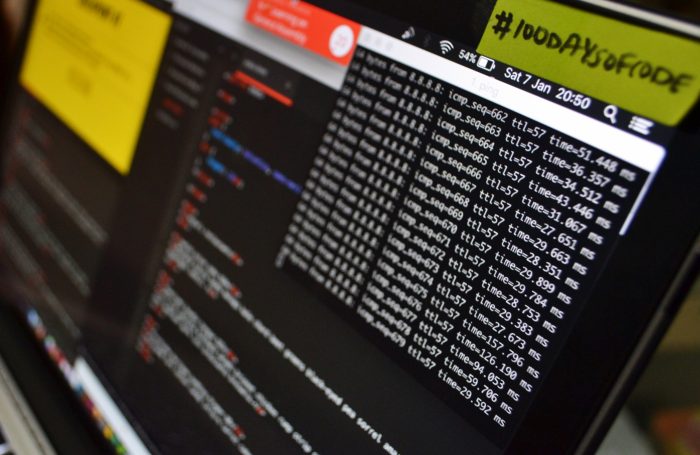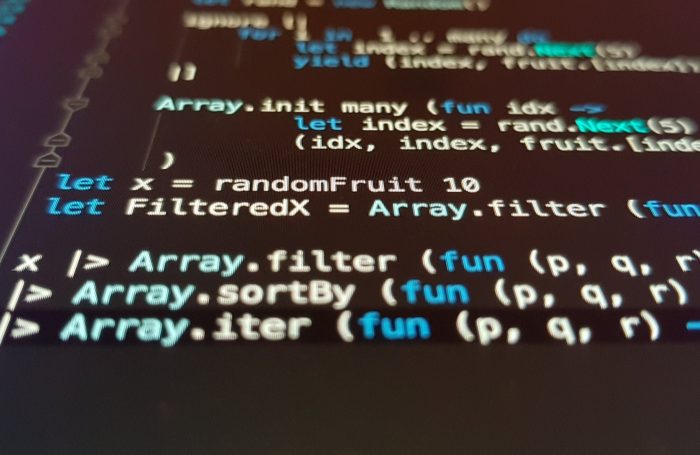Safeguard the Digital World: Cybercrime is on the rise, and this is your chance to be part of the solution. Go beyond the basics of cybersecurity, as you explore the inner workings of computer components, network design, DNS, TCP/IP, and how cybercriminals exploit both technology and human behavior to breach systems. Examine ciphers, encryption, data security, and malware anatomy, while also considering the complex balance between privacy and tracking. You’ll emerge with the expertise to defend both personal and organizational data, equipped with knowledge in data recovery, enterprise security, and the latest trends in cybersecurity.
Why Take This Course? If you’re driven to protect the digital world, this course will provide you with the critical skills needed to navigate and secure the digital landscape, preparing you for a future in cybersecurity or simply empowering you to safeguard our interconnected world.
There is no computer science prerequisite for this course, though students with some background will certainly find avenues to flex their knowledge
Students in GOA courses will need reliable access to a computer with webcam/microphone connections, an email address (preferably school-based), a Web-conferencing app (GOA courses use Zoom), and a Word processing app (GOA courses use Google’s G Suite). When necessary, alternative arrangements may be made. Some courses require additional materials which can be found in the Course Outline.
UC-approved course
View Course Outline
















